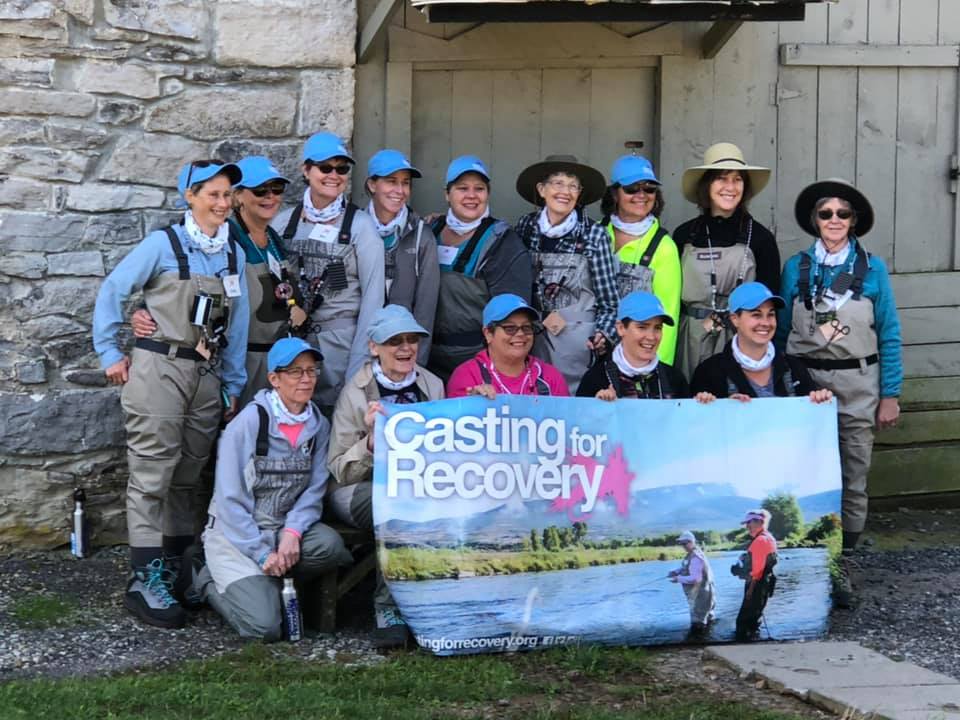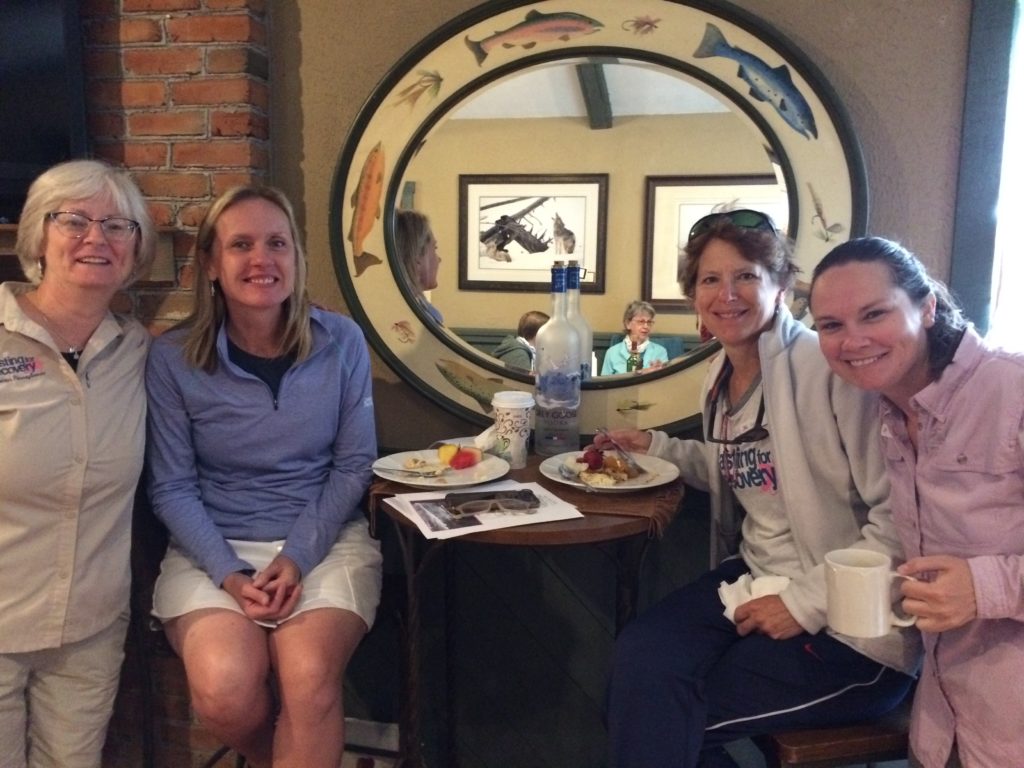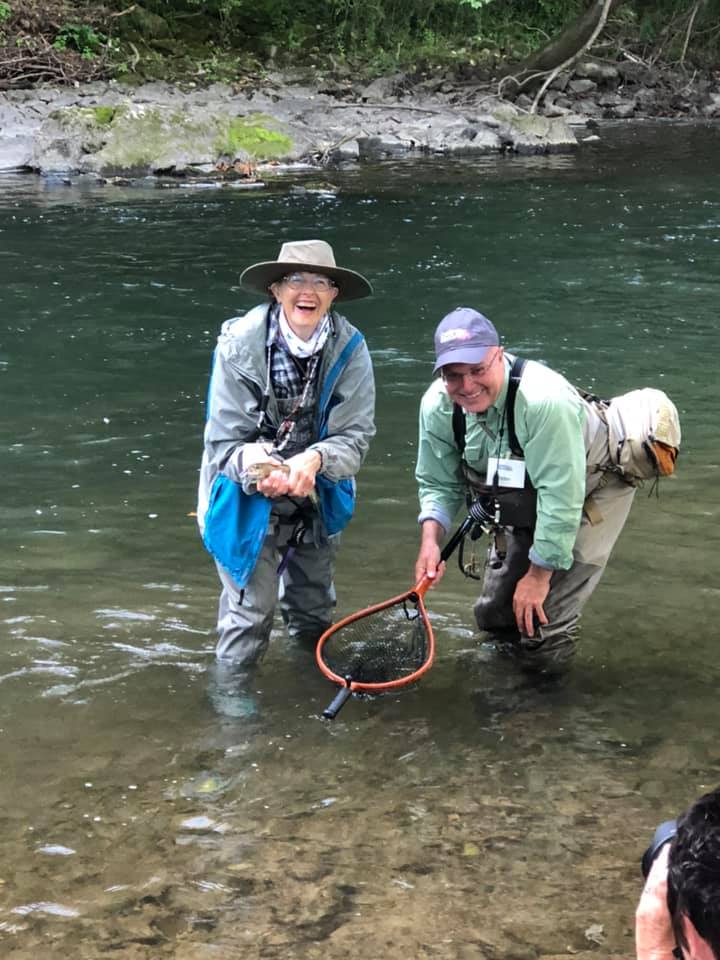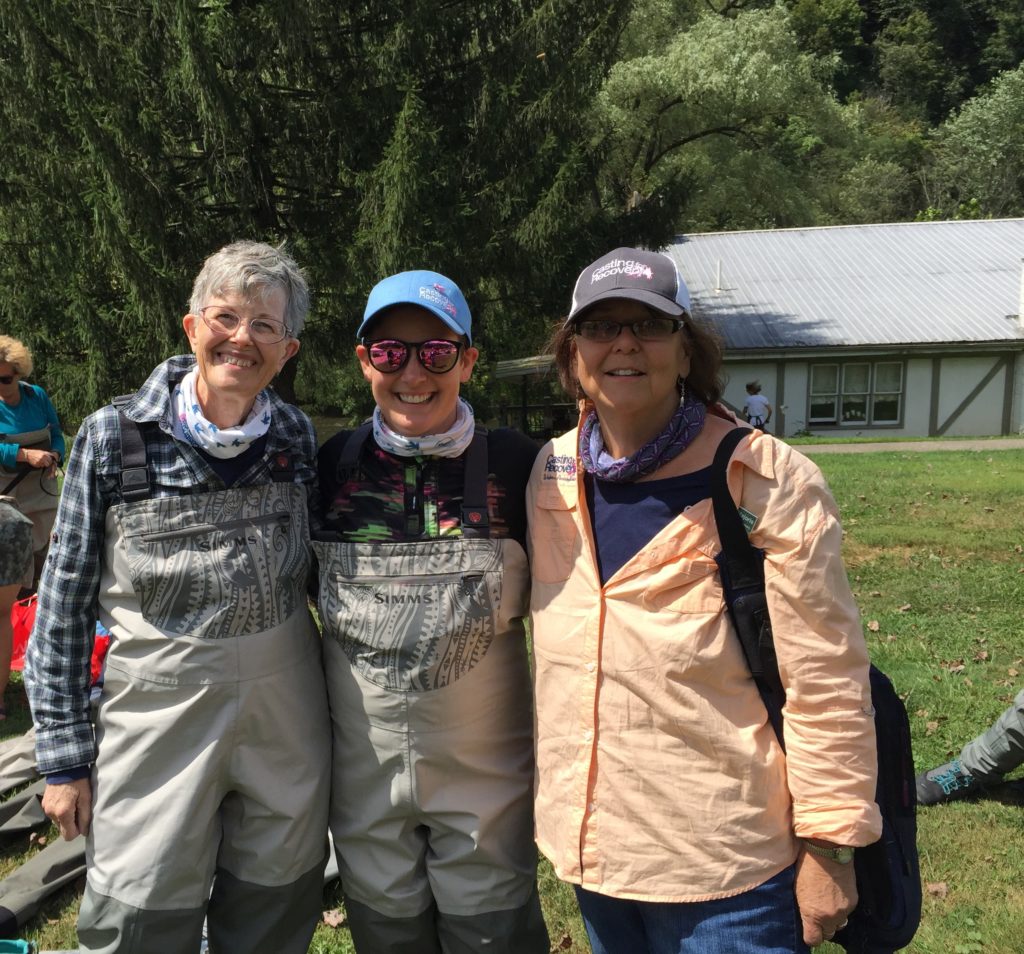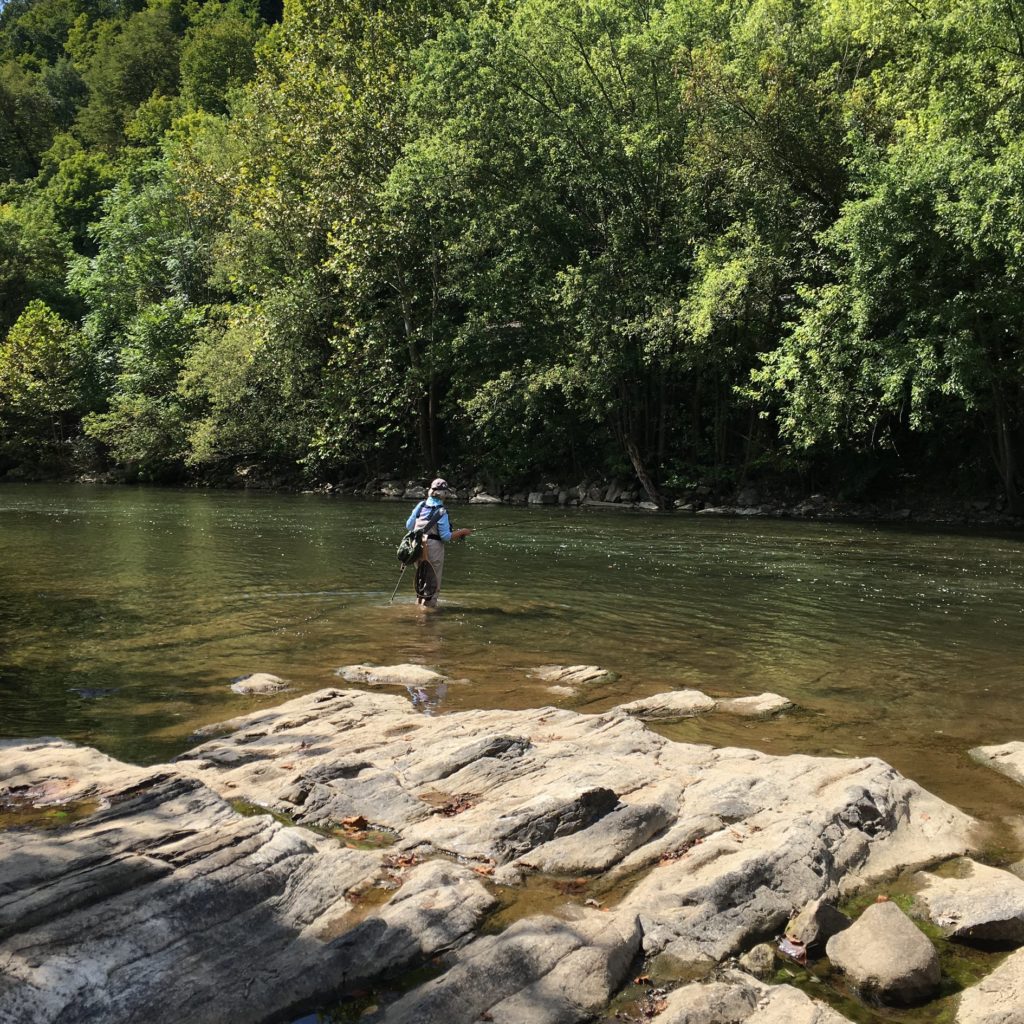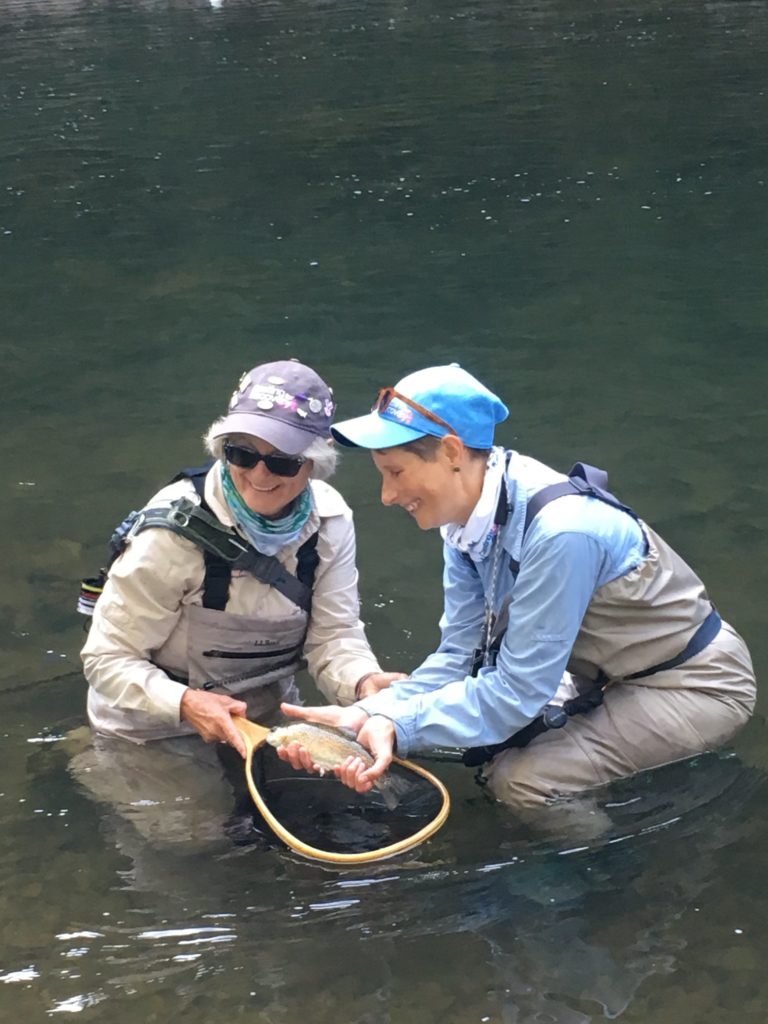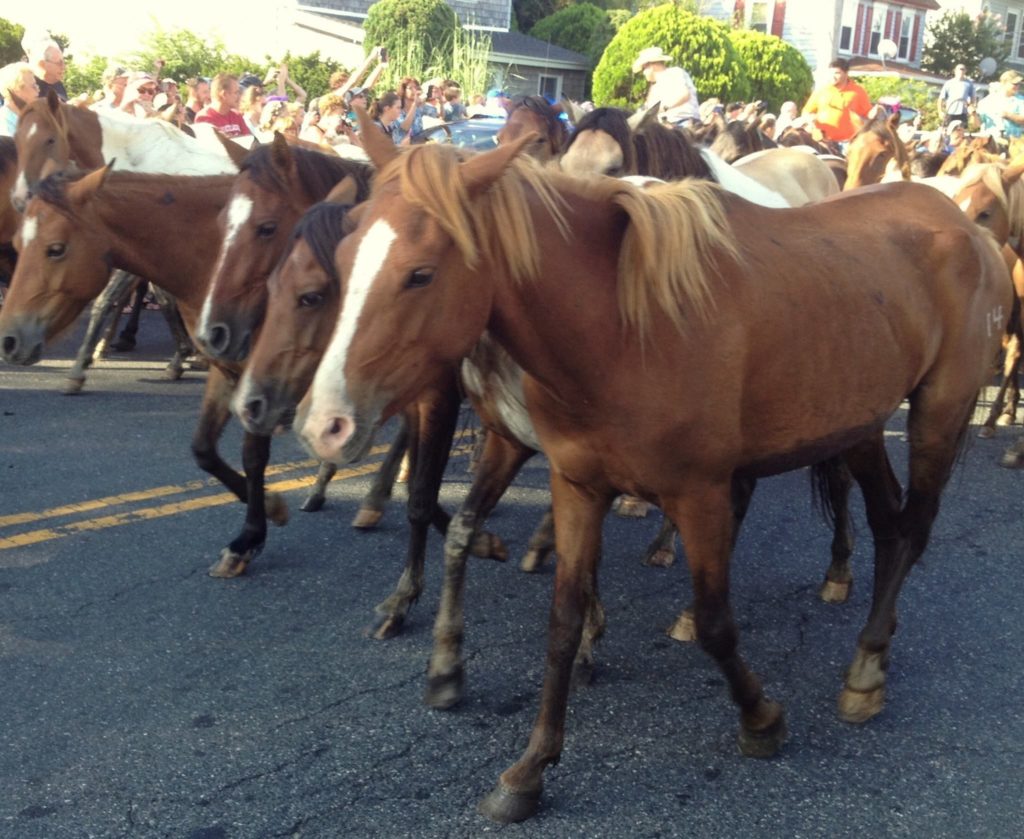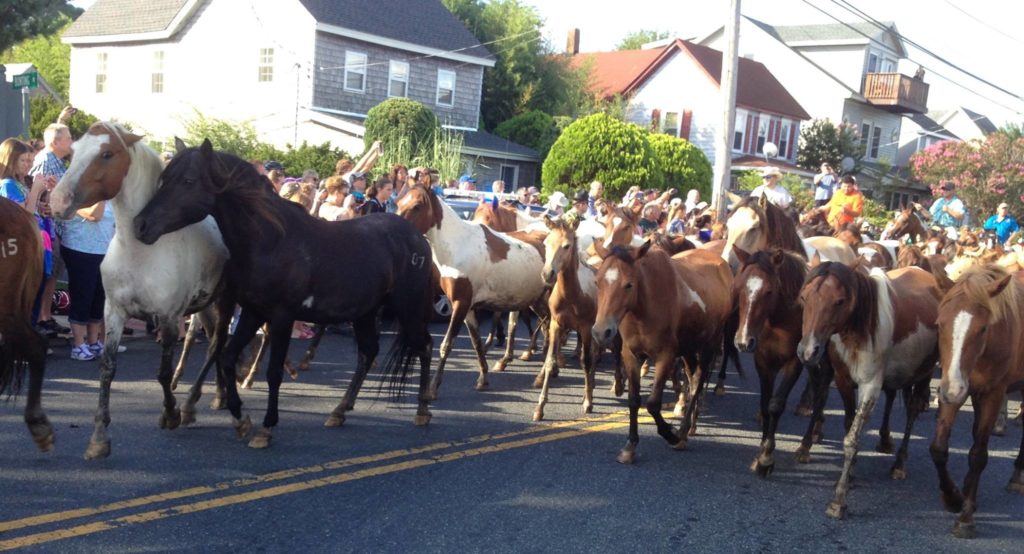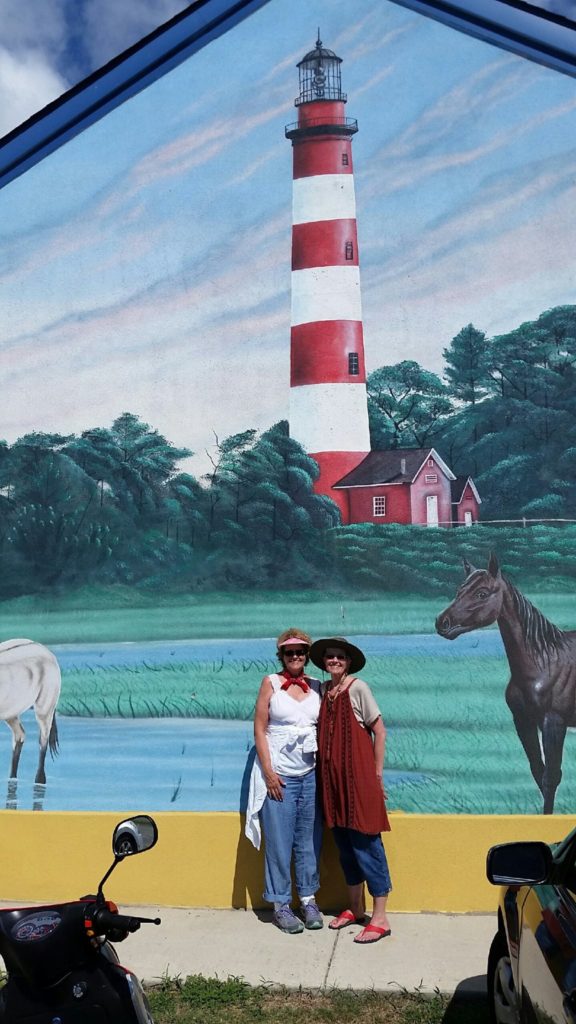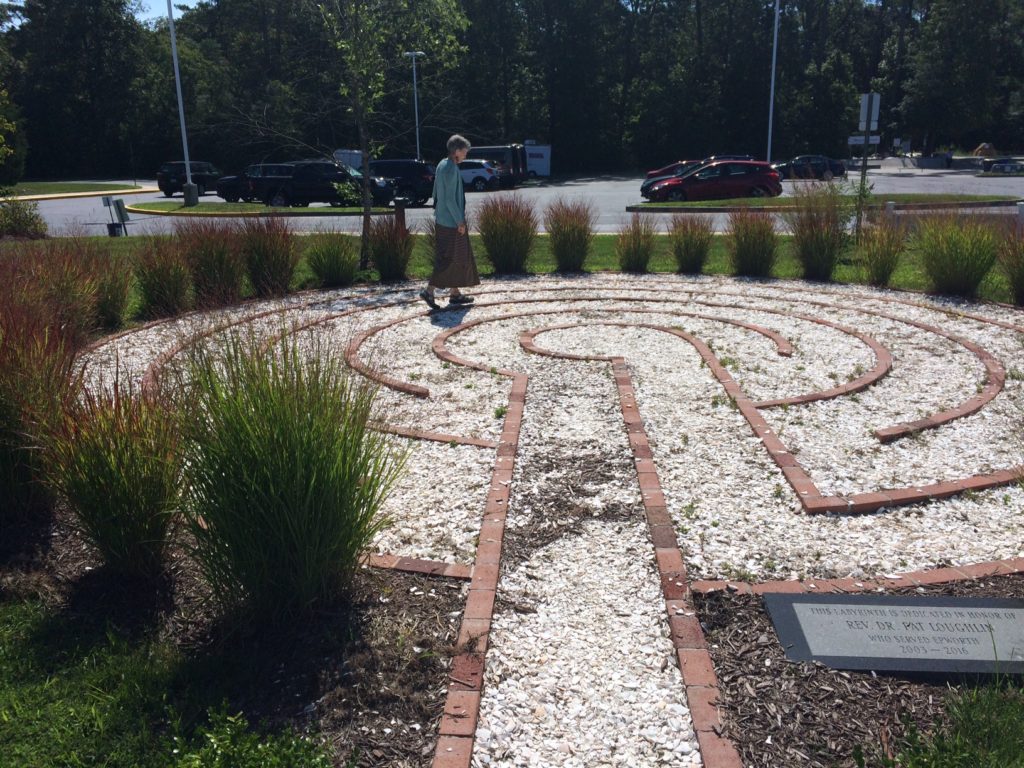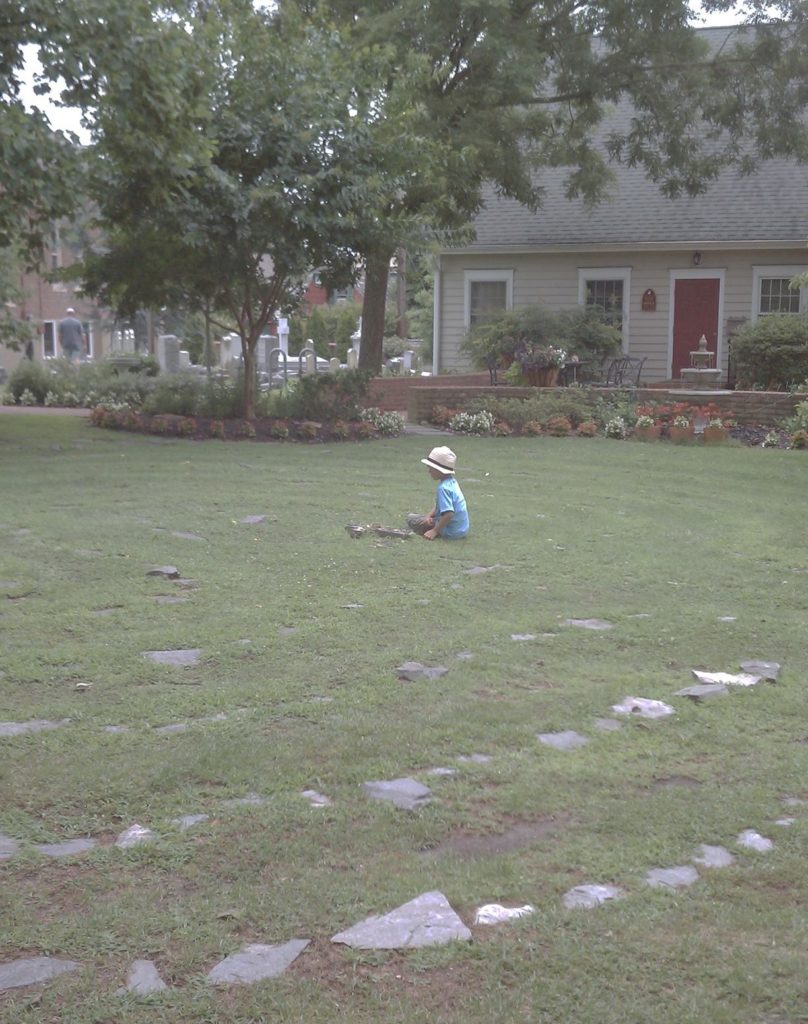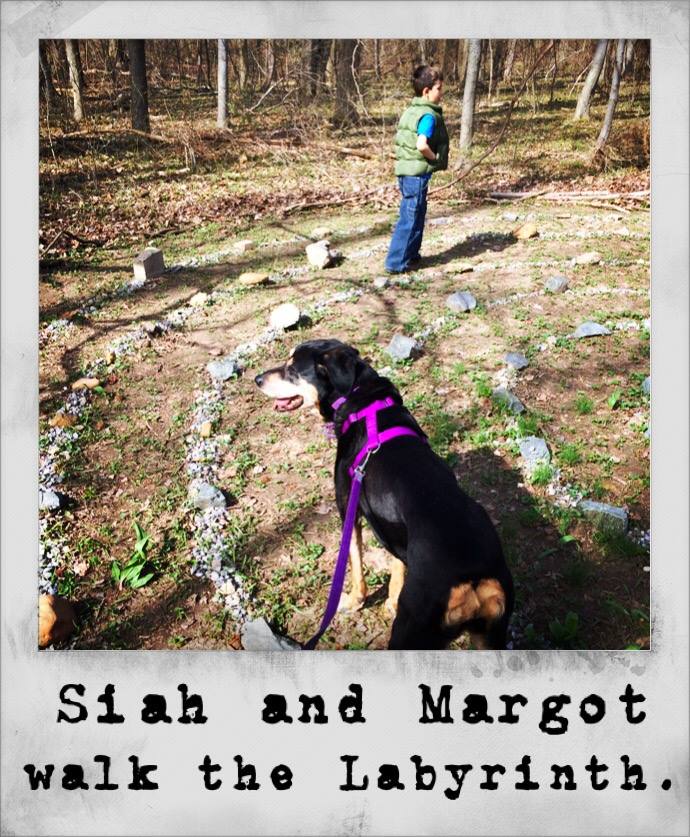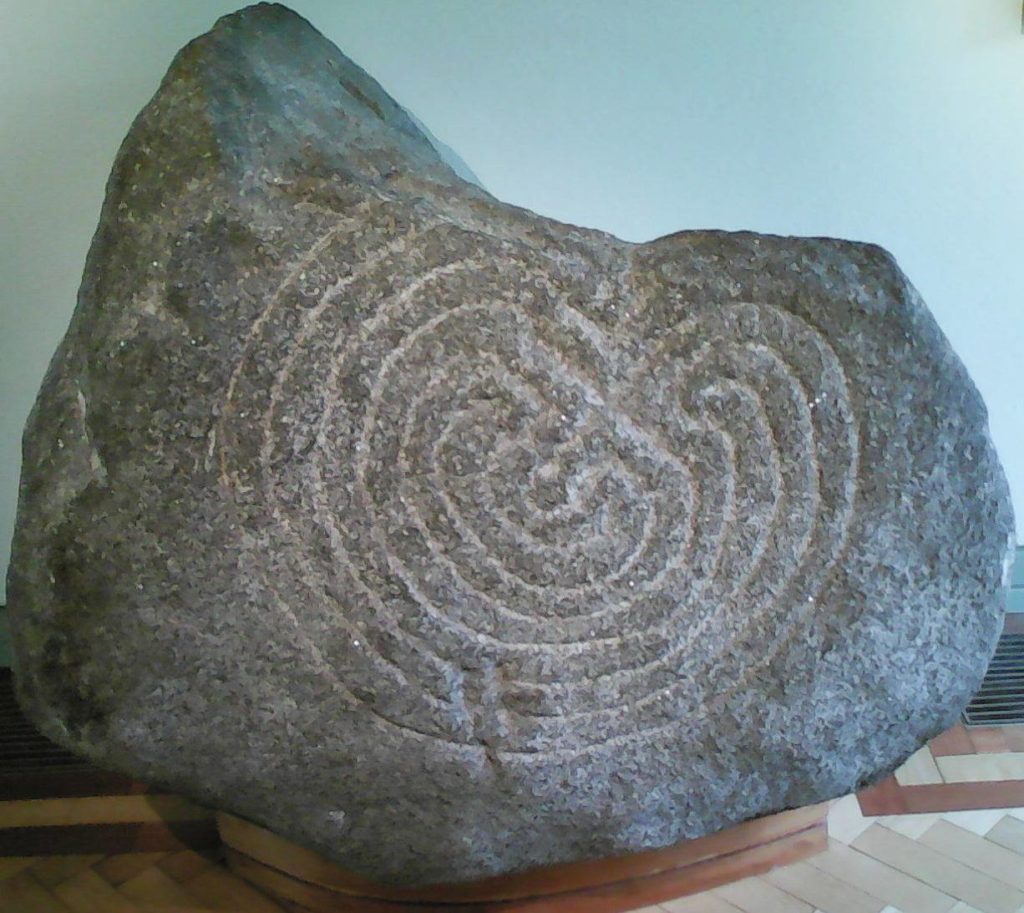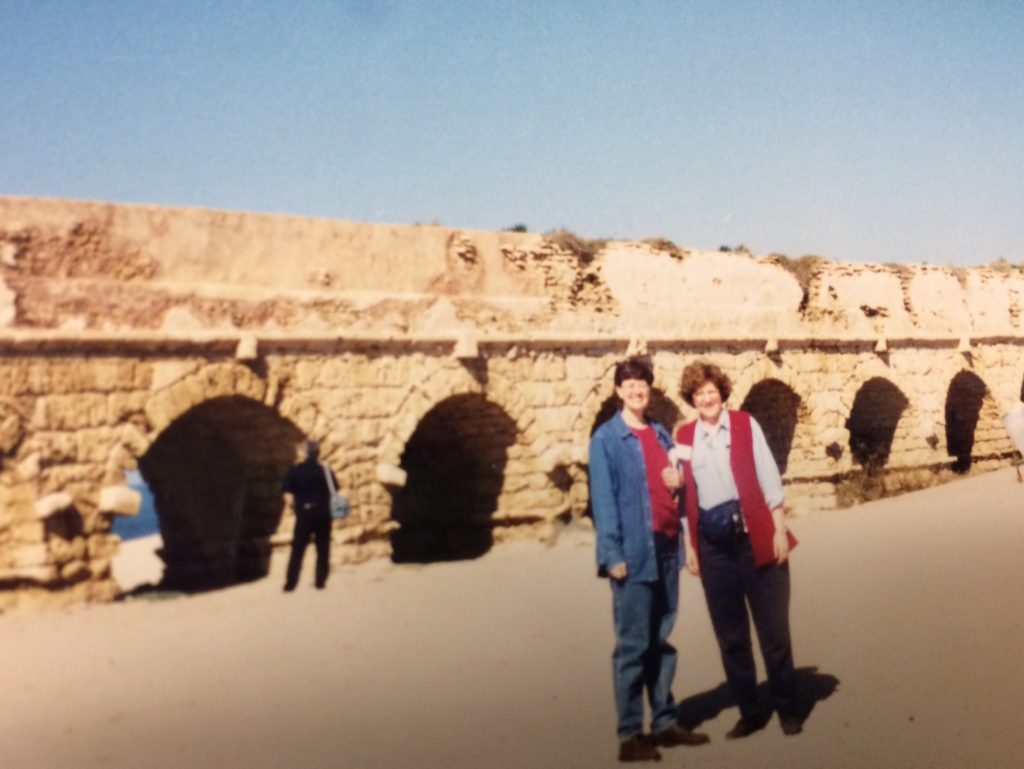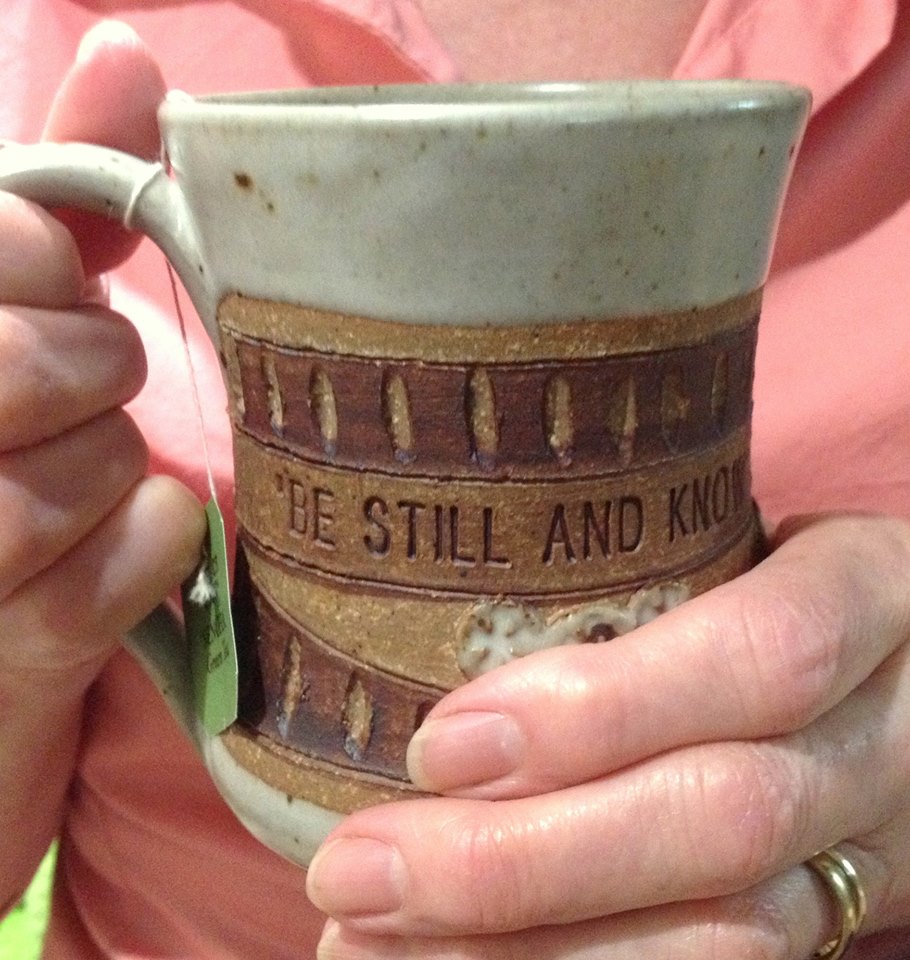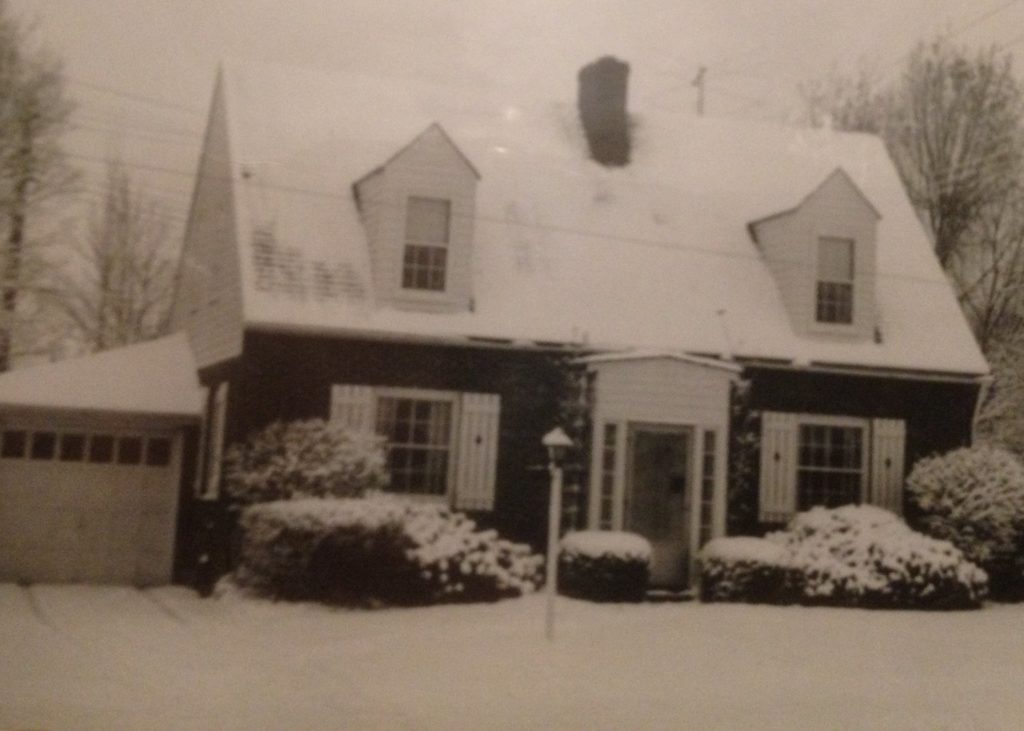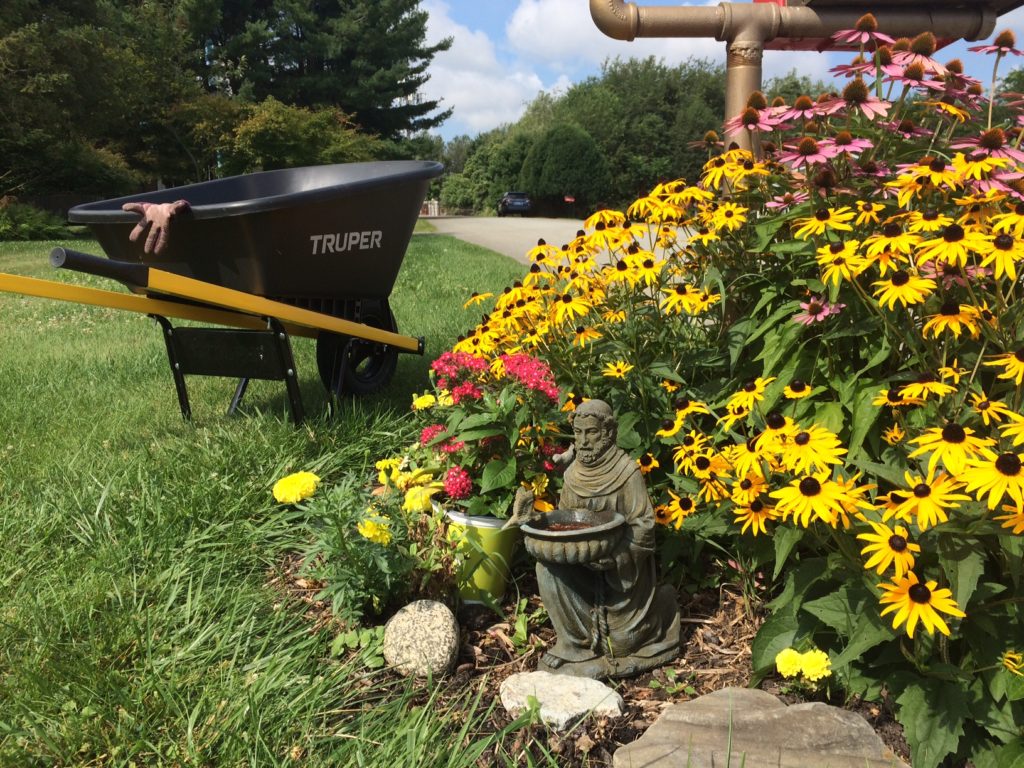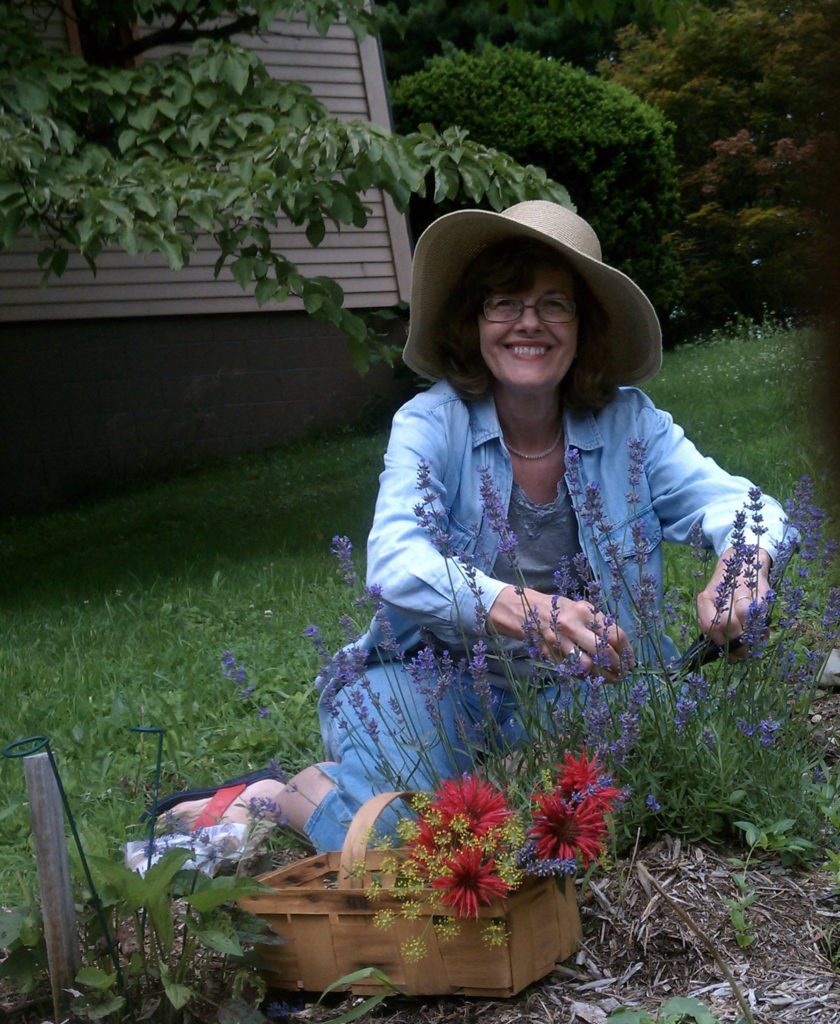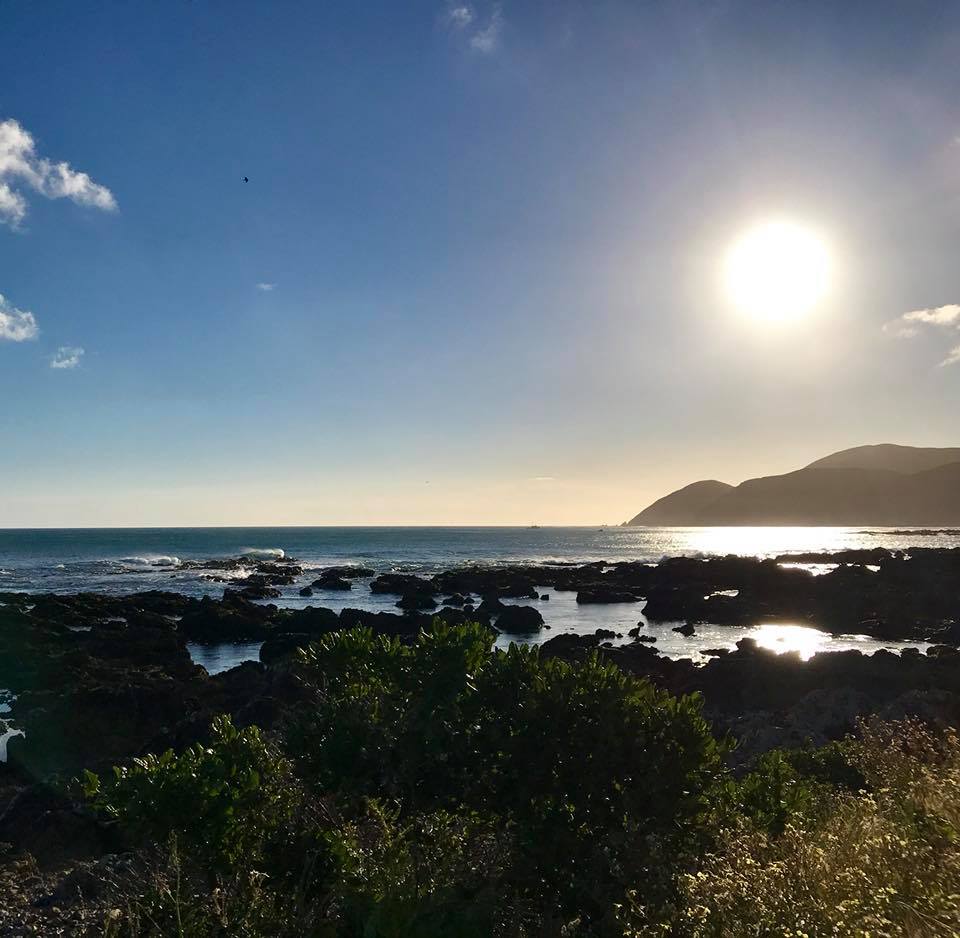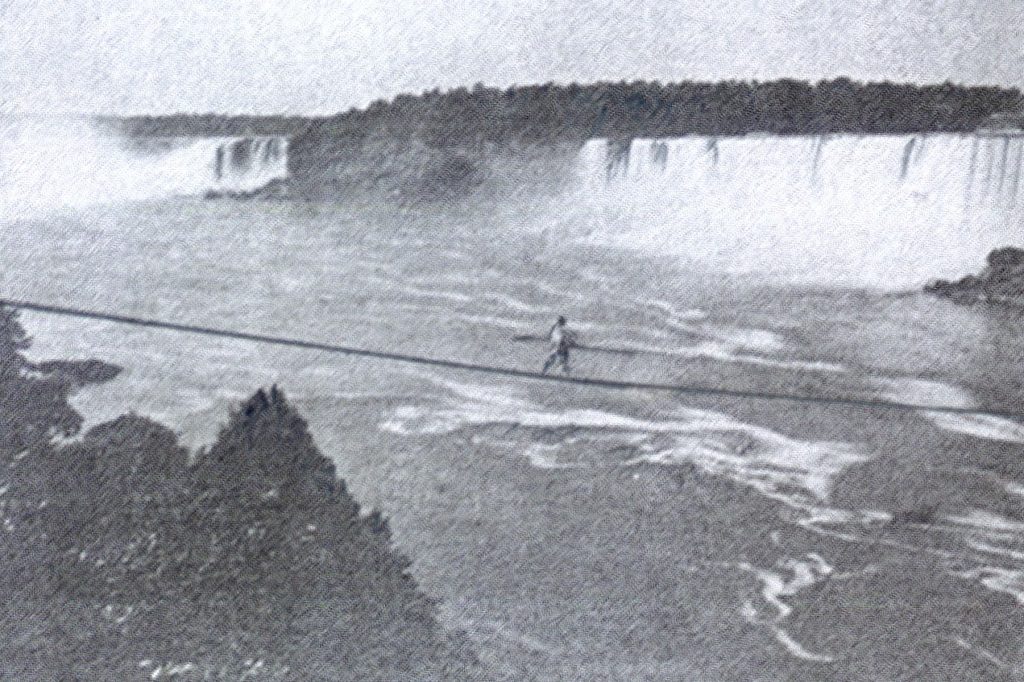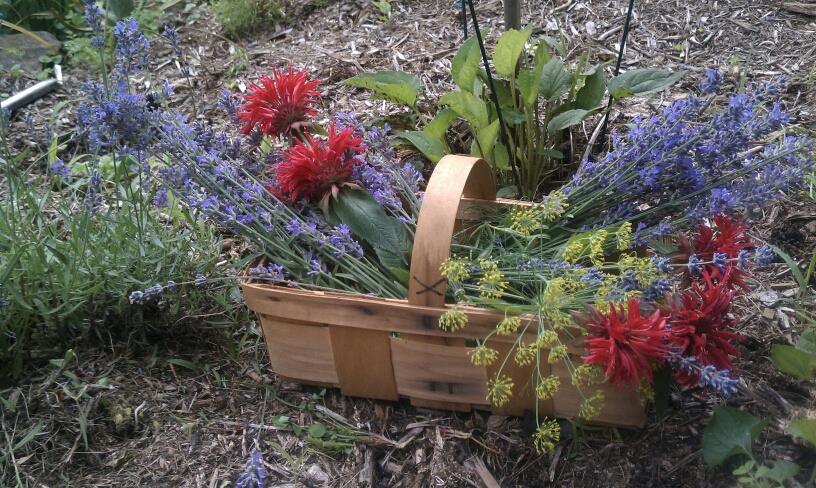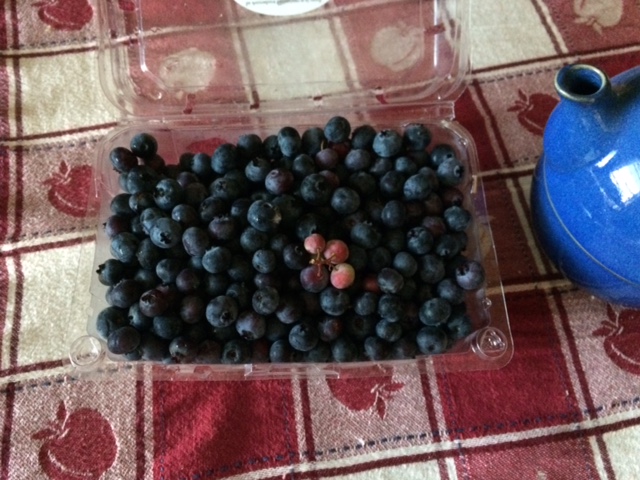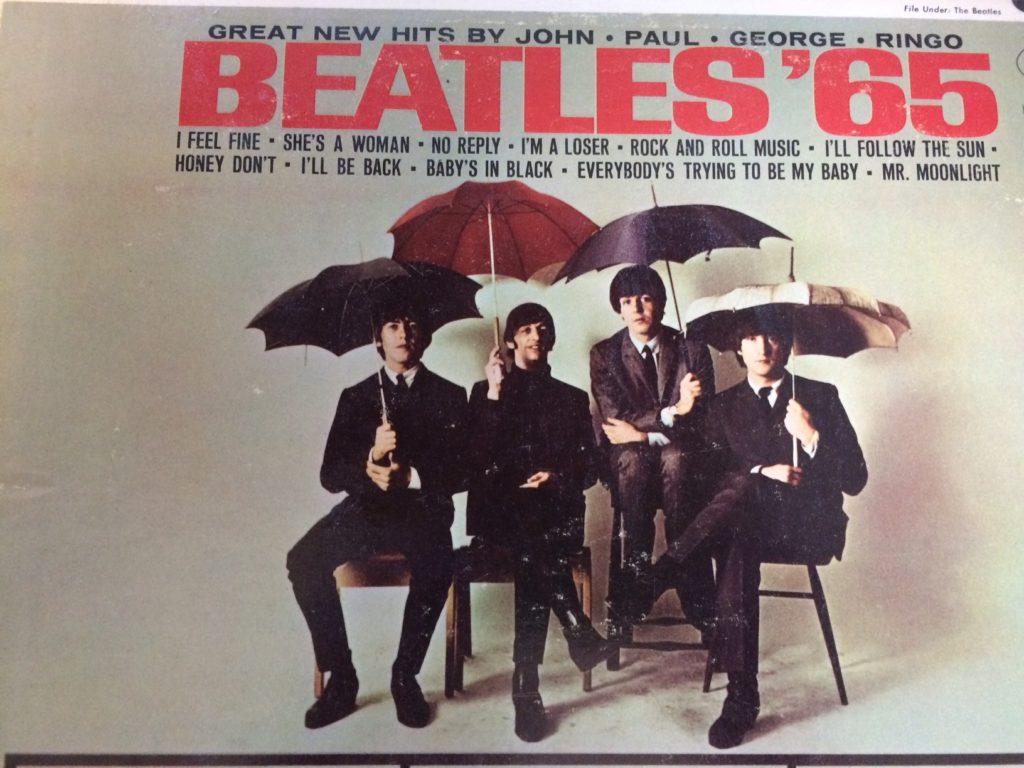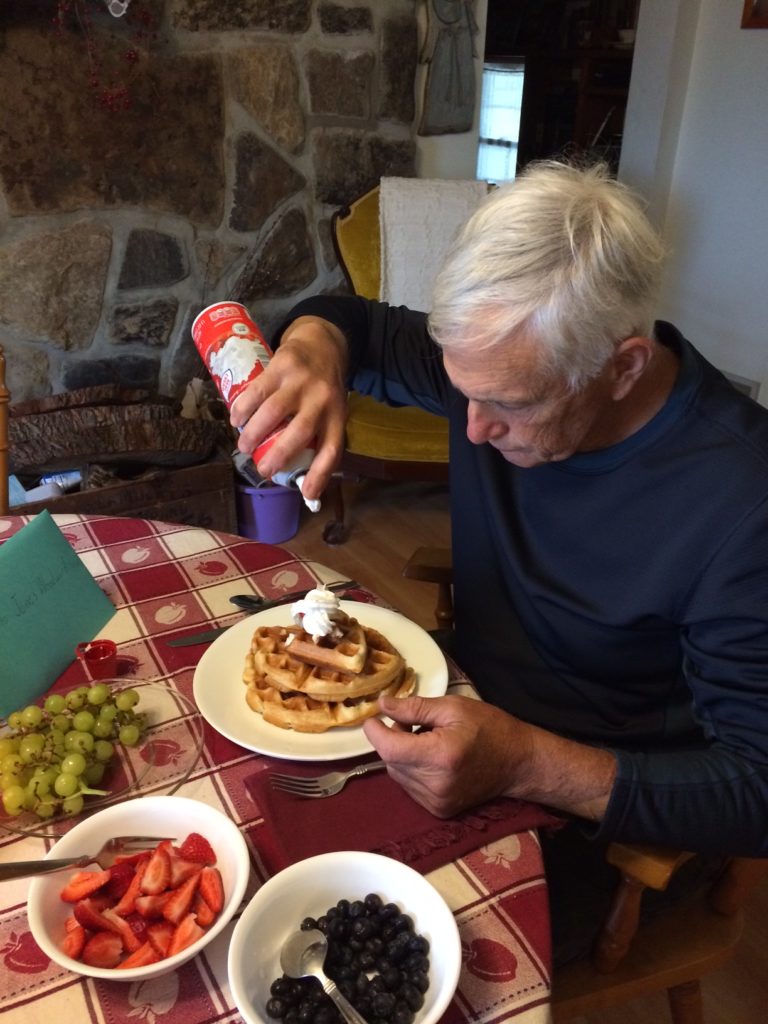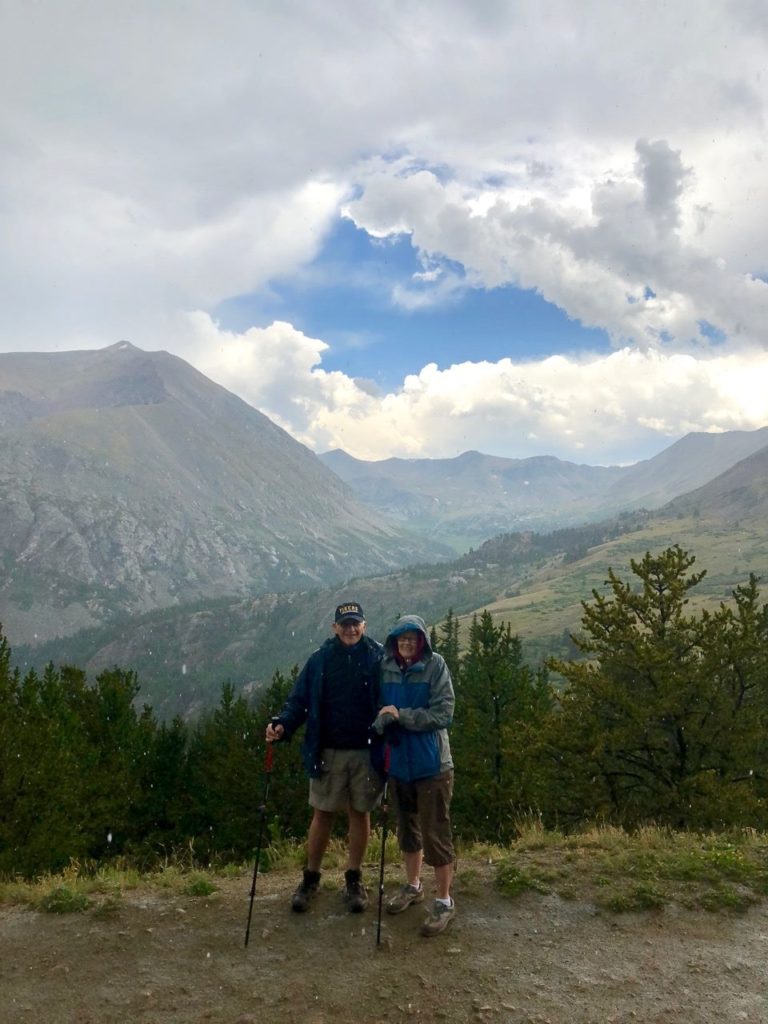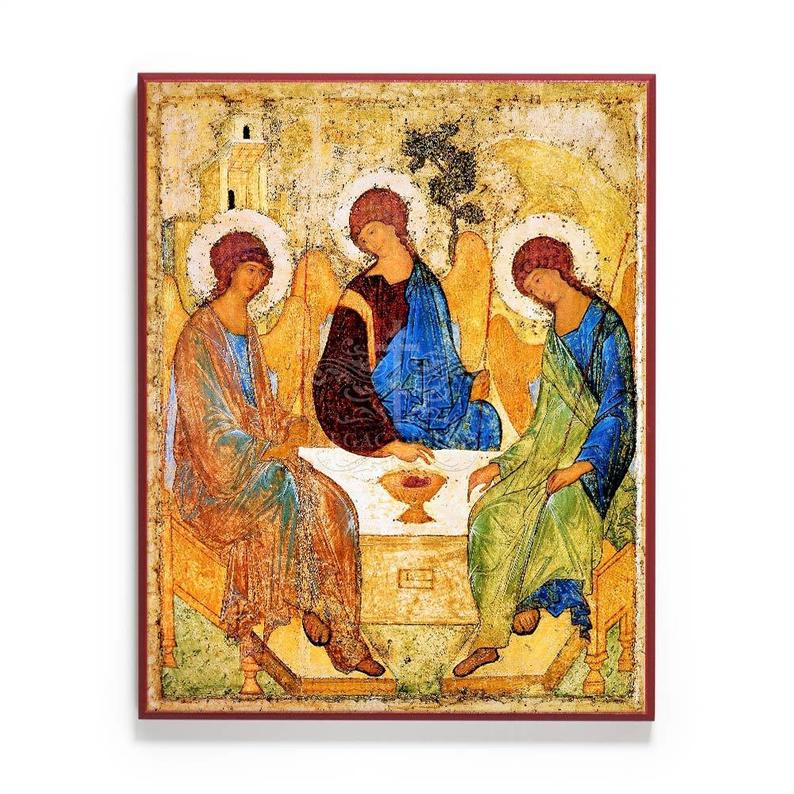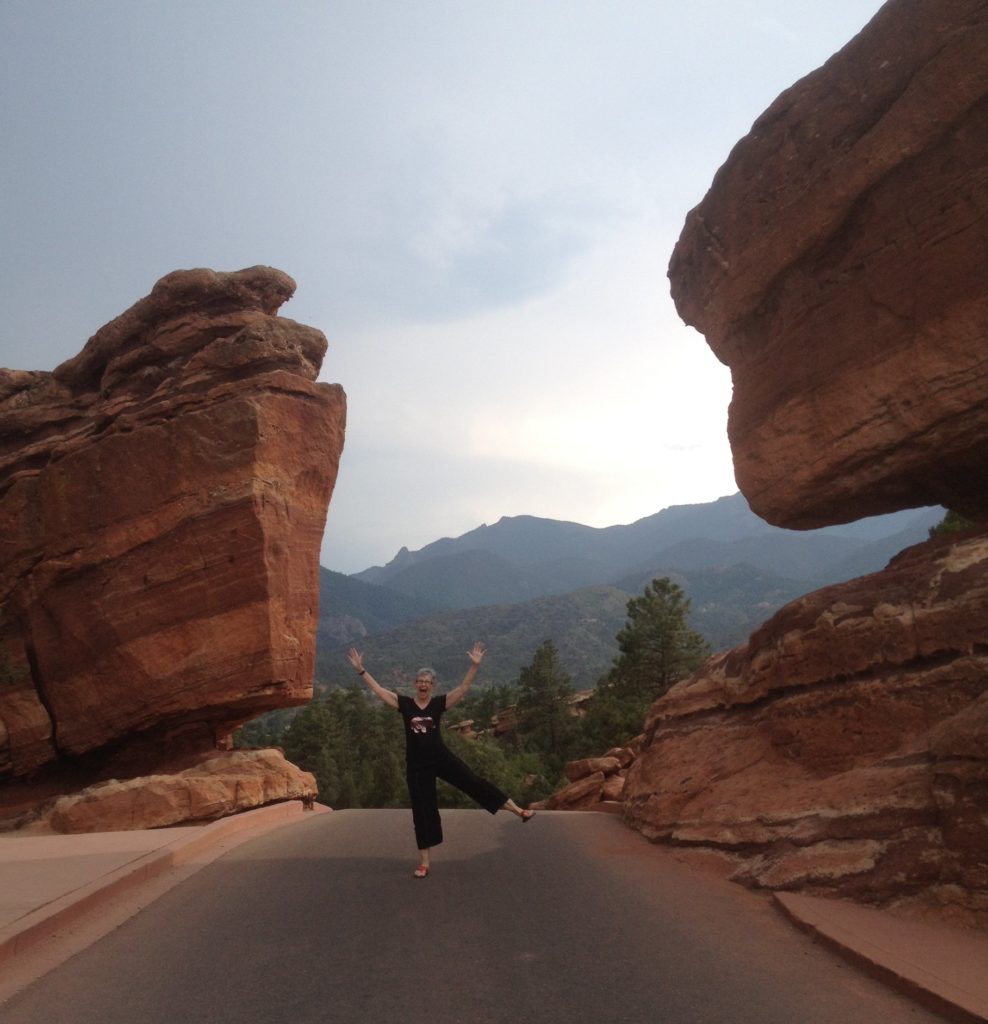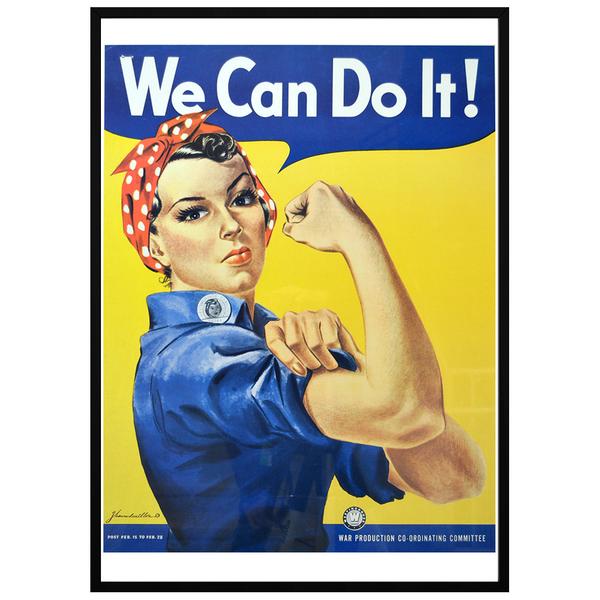
Listen, be strong, take courage
The place God calls you to is the place where your deep gladness and the world’s deep hunger meet – Frederick Buechner
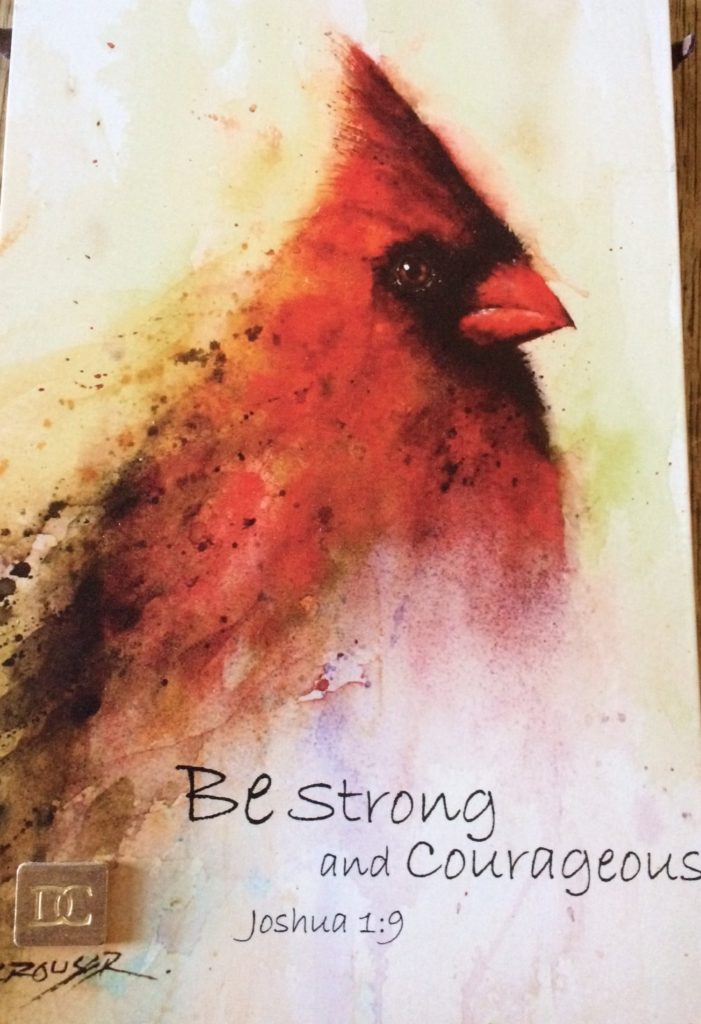
After a summer packed with memory-making family gatherings, autumn is calling me to something new.
The ordeal of cancer has improved my hearing – I now listen more intuitively to God’s still small voice. This summer two thoughts came to mind that almost sound contradictory, but I accepted them as holy nudges: “Don’t try to do too much” and, in a dream, “Do a new thing.”
This Type A lady doesn’t want to give up doing anything, but living with cancer requires it. As I reluctantly ease my grip, God replaces my plans with something new, showing me again His ways are trustworthy.
In May I sent this message to my pastors: “I regretfully withdraw from (some committees). I’m trusting God to lead me in what I’m to do with my time and energy … Something on my heart is organizing a support gathering for people with cancer who need encouraged and a reason to hope.”
Pastor Kathy messaged me, “This is definitely something I would like to work on with you!”
We met together and laid our plans before God. The result is the group, COURAGE & Cancer. It begins tomorrow, 3 pm at Grace UMC Church, and is open to everyone living with cancer.
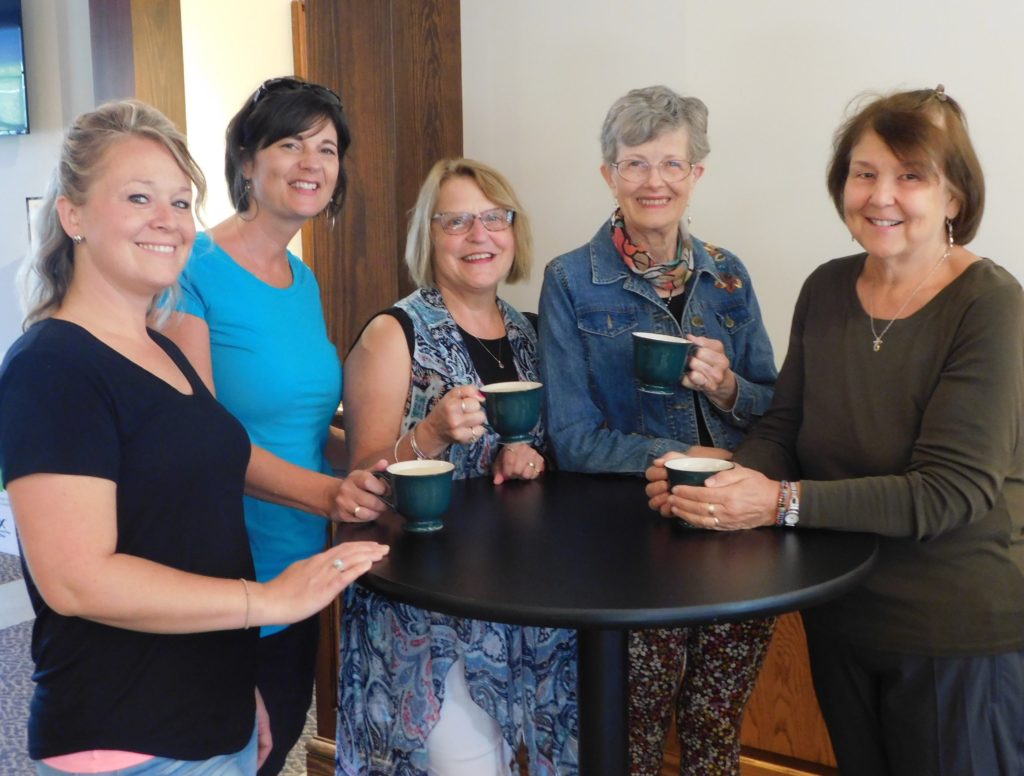
Our inspiration is Joshua 1:9, Be strong and Courageous, which happens to hang on my kitchen wall. Early in my cancer journey someone anonymously gave me a painting of a bright cardinal and that phrase.
Ever notice we’re told to take courage when there’s something risky coming, like a hurricane? Courage is like a strong hand helping us batten down the hatches. Who, after all, needs courage to walk through sunny fields of daffodils?
New ventures come with risk. If you look at my cardinal painting, this strong fellow looks a bit battered himself! Topping my list in beginning a group is my concern I won’t be able to remain faithful to this calling.
Sweet Jesus, the greater risk is missing opportunities by not trusting my tomorrows to You.
When I raised the idea of supporting people living with cancer I discovered Pastor Kathy went through training with Cancer Centers of America, three years ago. She had prayed ever since for partners to lead a group with her. Coincidence???
I was also surprised by my senior pastor’s affirmation: “I believe firmly God is calling you to this and I have no doubt that you will have a huge impact on the healing of others as a bi-product of the healing that God is bringing to your body. I fully endorse your splendid idea . . .God Bless! Pastor Bill.”
It’s time I stop being startled at the way God orchestrates everything for good. My part is to be still and listen, then step out in faith and love the people who cross my path.
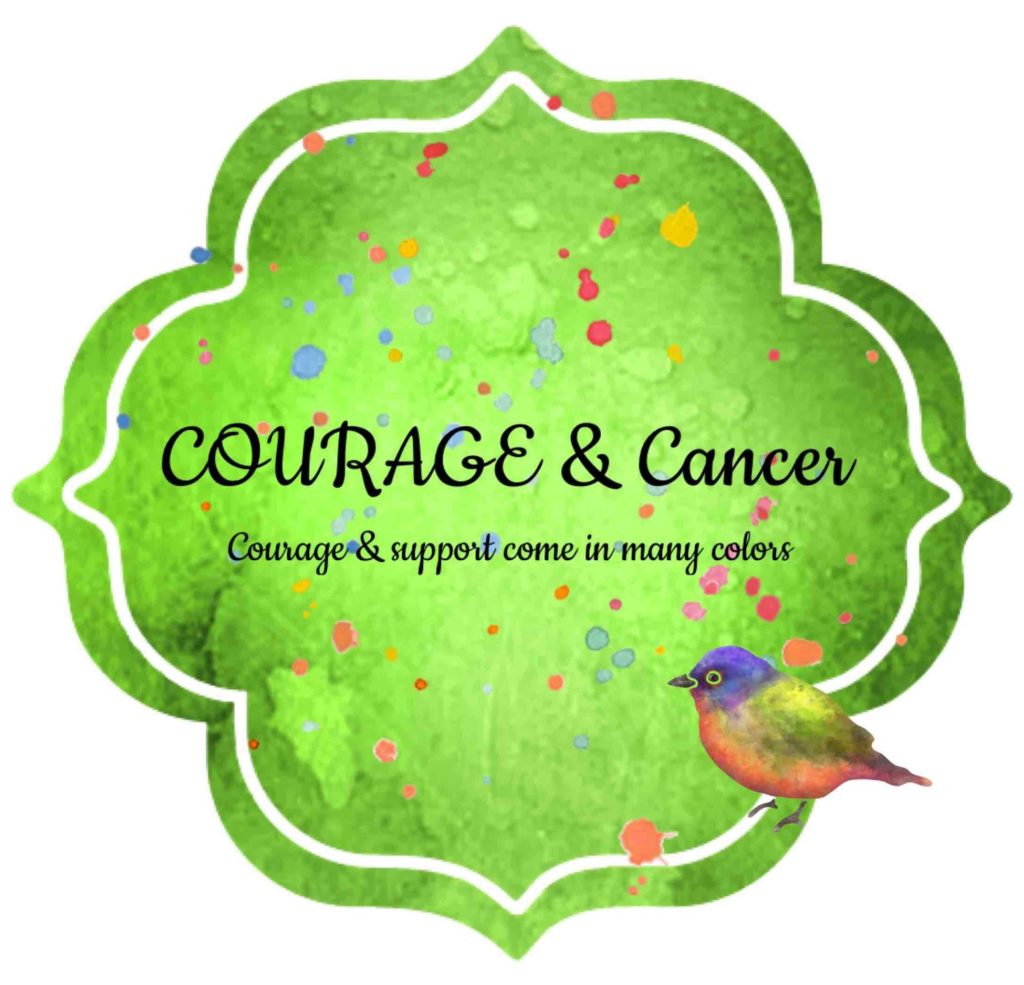
Here are some verses from the first chapter of Joshua. Try meditating upon God’s instructions and be blessed by whatever He has prepared for you:
“No one will be able to stand against you as long as you live. For I will be with you as I was with Moses. I will not fail you or abandon you.
“Be strong and courageous, for you are the one who will lead these people to possess all the land I swore to their ancestors I would give them.
“Be strong and very courageous. Be careful to obey all the instructions Moses gave you. Do not deviate from them, turning either to the right or to the left. Then you will be successful in everything you do.
“Study this Book of Instruction continually. Meditate on it day and night so you will be sure to obey everything written in it. Only then will you prosper and succeed in all you do.
This is my command—be strong and courageous! Do not be afraid or discouraged. For the Lord your God is with you wherever you go.” (Joshua 1:5-9, NLT, italics mine)
That key phrase echoes through the story of God’s people and through my own. I have deep gladness living bravely as God’s broken, beloved daughter. He is especially with me though, when I’m not brave at all, when I cower in the shadows.
Only because His Spirit hovers over my victories, mountains and valleys can I possibly be there to encourage others who hunger for a hug or a word to lift their spirits.
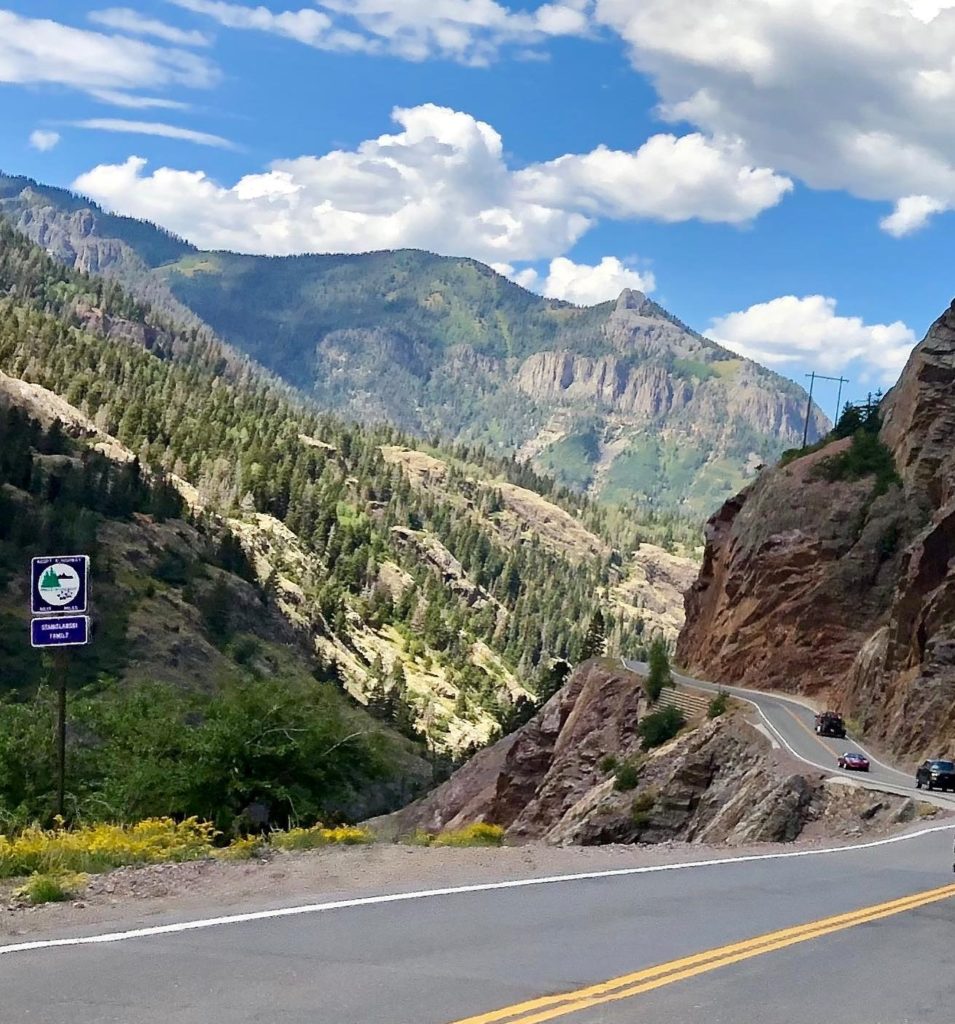
If I were to create a creed it might begin like this:
- God is my Source of strength and courage. (With God, all things are possible.)
- Jesus will never fail or abandon me. (What peace this brings!)
- The Spirit is within me wherever I go. (I’m never alone.)
Listen. Be strong. Take courage, my friends.
All will be well.
Texting Thru Recovery/Indiana Gazette
Colorado Million Dollar Highway photo: Brett Woodard
